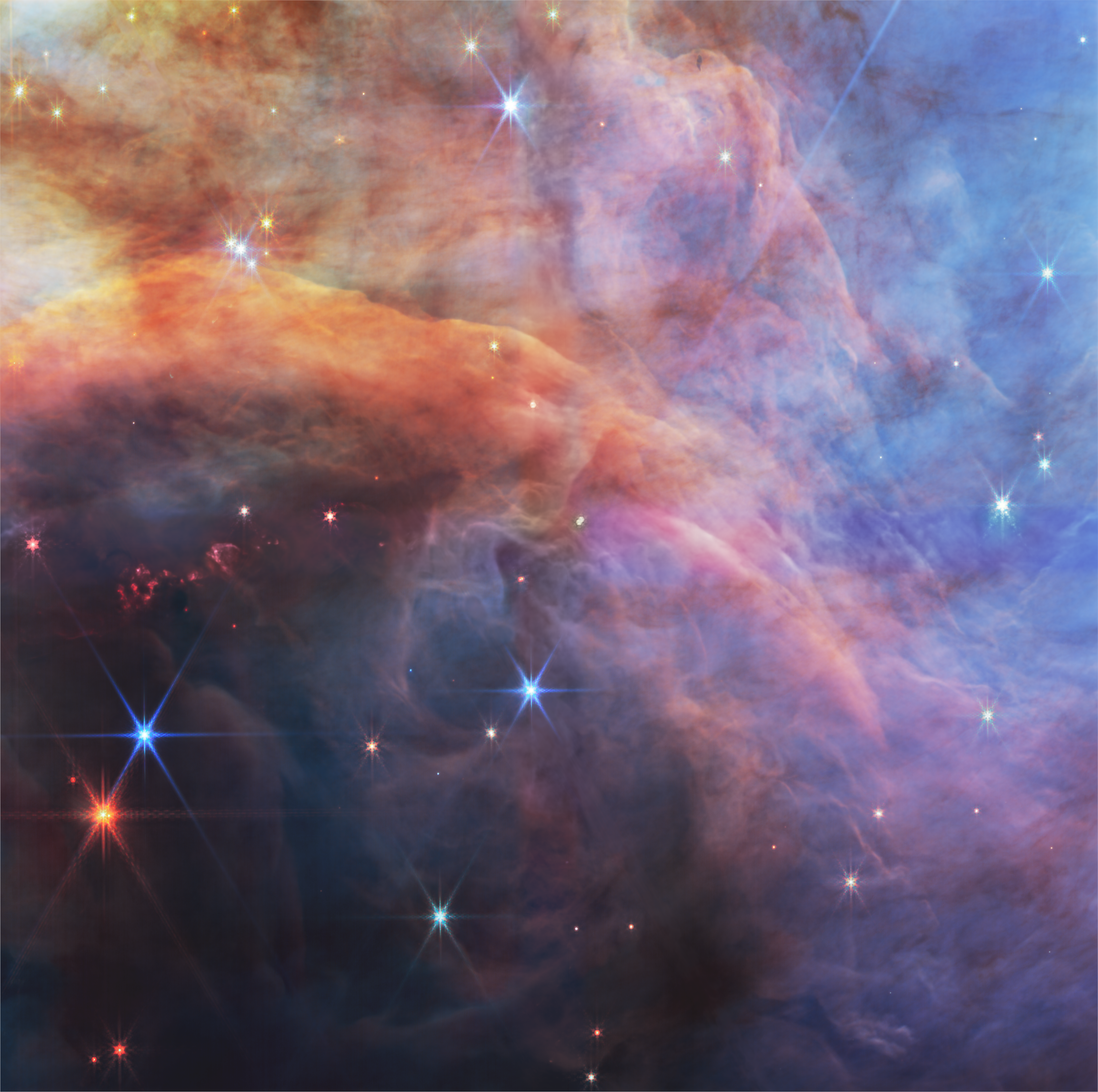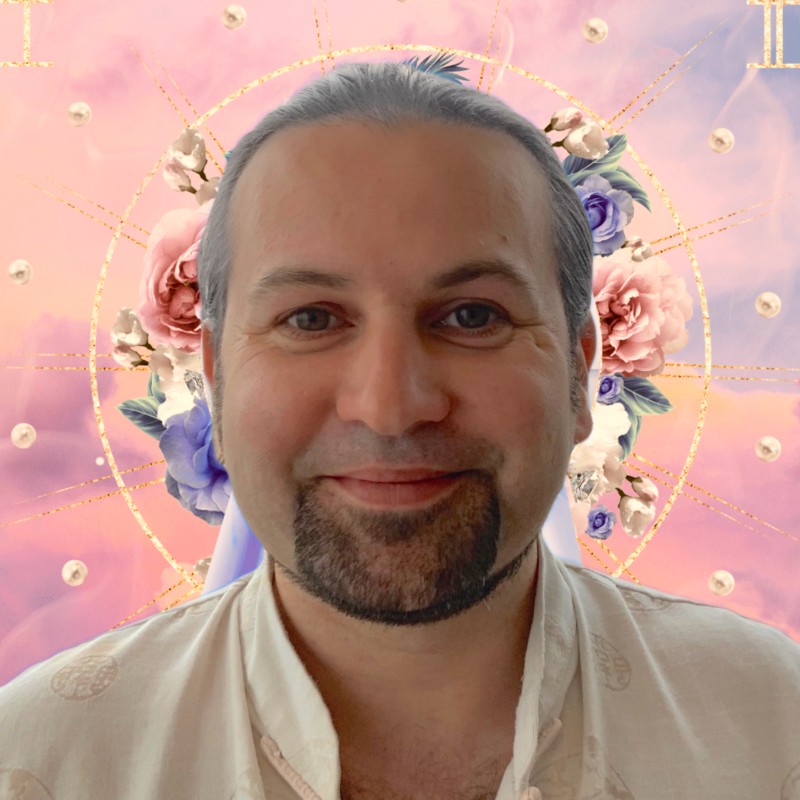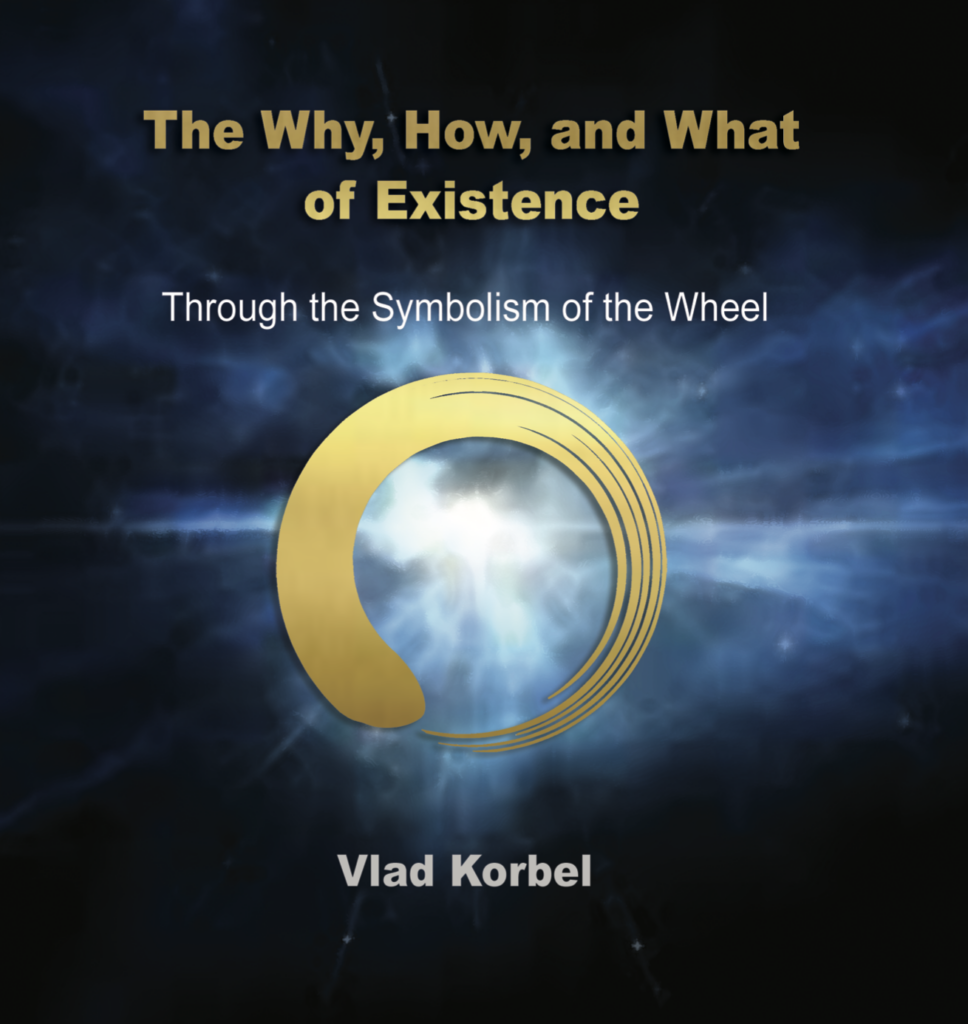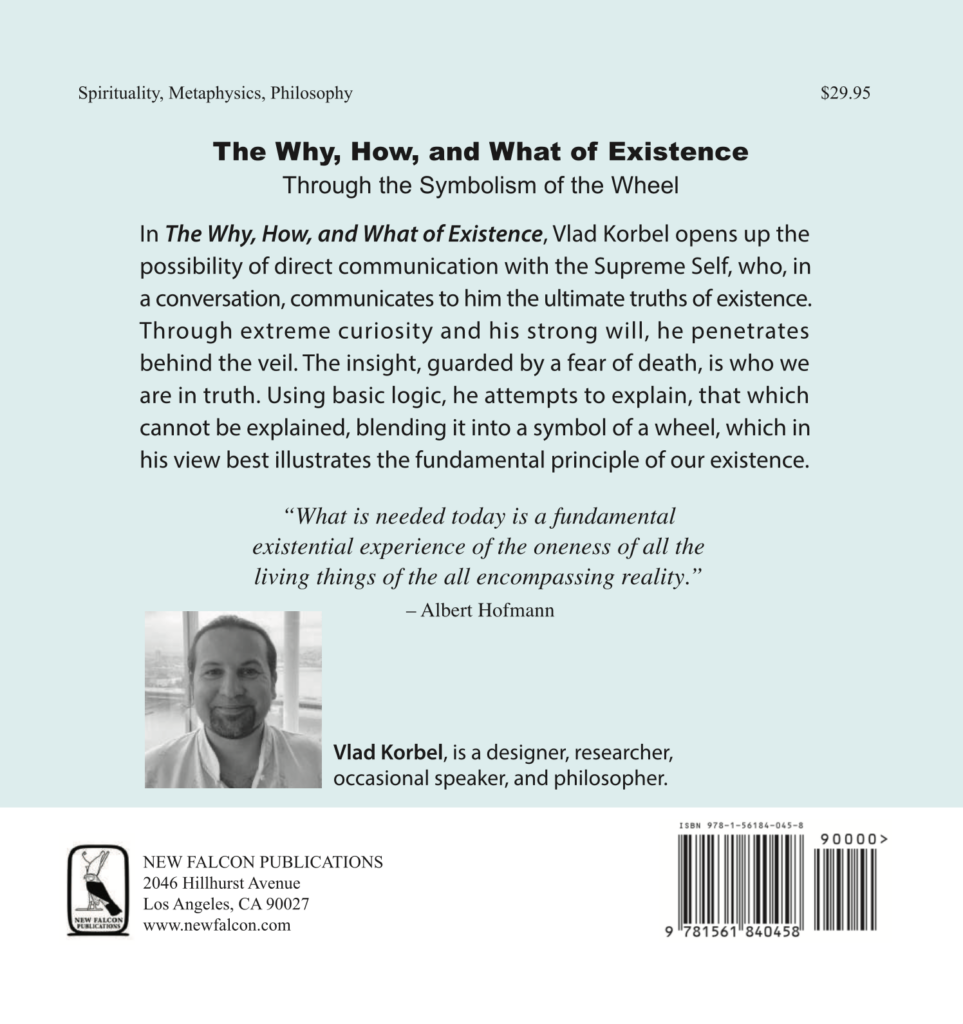It is often understood that morality and freedom are in constant tension: one is thought to limit the other. Yet this assumption, I believe, comes from a misunderstanding of both concepts. Traditionally, morality has been treated as adherence to a set of external rules—religious commandments, laws, or cultural norms—that keep individuals in check. This, however, has proven ineffective, as people who want to do harm always find ways to go around it and might even feel triumphant about how they oversmarted the rules. Meanwhile, freedom has been often described as the absence of limitations, as if the best life is one in which personal desires can be fulfilled. Power, in that same traditional sense, is seen as the ability to make others submit to one’s will. These notions, however, are not only incomplete—they miss a critical insight into our own shared existence.
What if morality wasn’t a tool to impose order from the outside, but a natural expression of understanding our fundamental unity? When a person genuinely understands that their well-being is interconnected with everyone else’s, there arises an intrinsic moral impulse for the greater good—meaning that this will arise from an understanding of unity and love, not that love would be enforced by will. This does not mean living by fear of punishment or desire for reward; instead, it is the simple recognition that harming others ultimately means harming ourselves. Such understanding requires no external enforcement. It becomes “common sense” to act with empathy and kindness once we see how interconnected we truly are. From this understanding of unity, intrinsic morality arises.
Also, from this same perspective, genuine freedom emerges. True freedom is not a mere blank cheque to fulfill any desire—it is clarity of vision—a vision through the heart if you will. A person who recognizes unity is not manipulated by fear, greed, or ego. Free from these inner tyrannies, they can respond to life’s challenges with compassion. By contrast, freedom without a moral center often descends into chaos, with people exploiting or fearing each other. We see this play out in politics when leaders use egocentric, greedy, or fearful reasons to drive their behavior—striving for power, money, land, recognition, respect, and so on ultimately actions based on illusionary needs. Figures like Donald Trump, for instance, have demonstrated how quickly society can become polarized when power is divided from genuine care for others, grounded in selfish greed instead of selfless compassion and unity. When one tries to gain an advantage over others, exploit the weak, or gang up with those with no moral values for their own personal gain—thus increasing their own wealth and power instead of serving the common good.
Power guided by intrinsic morality, on the other hand, is something else entirely. Rather than forcing others, morally grounded power is used for the well-being of the whole and for helping others understand unity, too. It does not grow out of self-interest, fame, or other selfish desires; it grows from a deep sense of responsibility born through an understanding of unity. Leaders who operate from love and understanding see themselves as interconnected with those they serve, rather than standing over them. In this way, power becomes a vehicle for the nourishment of unity, not oppression. Lao Tzu wrote: “The great Tao flows everywhere, both to the left and to the right. It loves and nourishes all things, but does not lord it over them. And when merits are accomplished, it lays no claim to them.”
To summarize, the supposed conflict between morality and freedom dissolves once we understand our shared origin sourced in the divine light. Morality becomes a natural expression of that understanding, and freedom is the capacity to act without being enslaved by desires, outside rules, or social norms. Freedom to exercise power, when guided by love for our fellow human beings or existence itself, transforms leadership from domination and exploitation to brotherly love and care. Only then do we understand how morality, freedom, and power should function—as three facets of a single, unified truth.






Leave a Reply